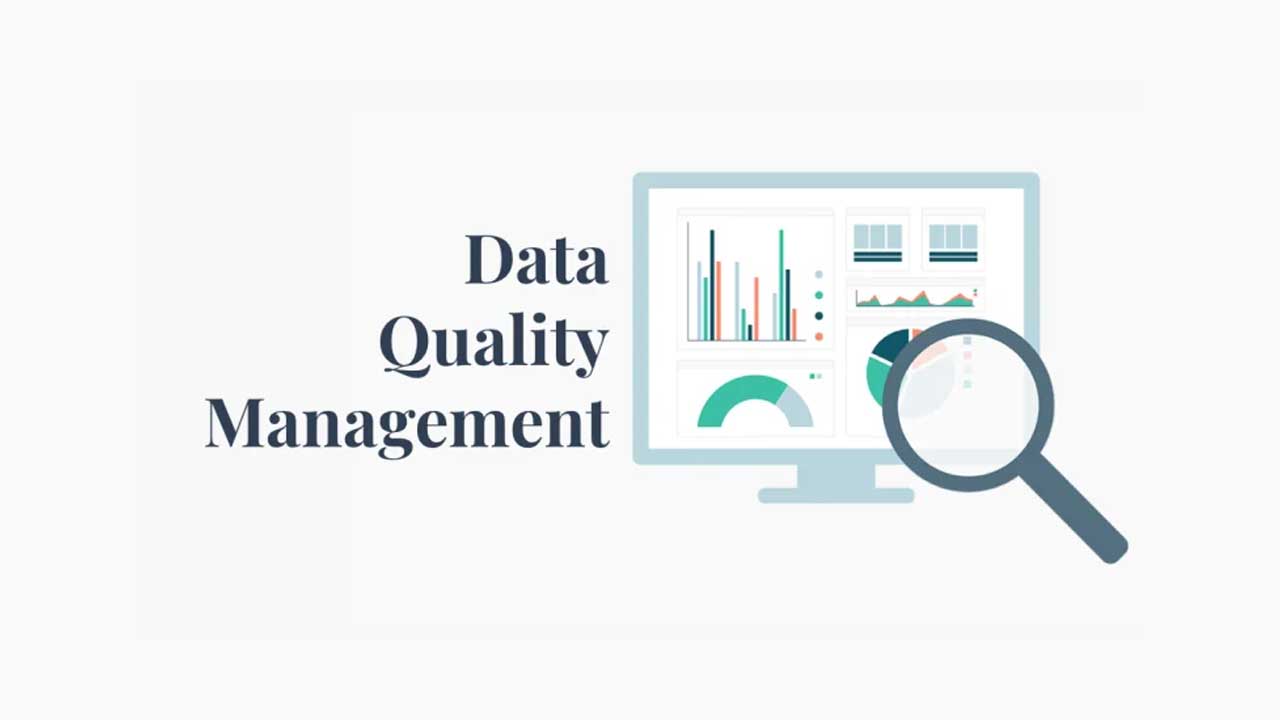Data Quality Management: Quantity Without Quality in Data is Meaningless
In the modern business landscape, data drives decision-making, strategy, and operations. However, the sheer volume of data alone does not guarantee its usefulness. Data quality is paramount; without it, the abundance of data can lead to misguided decisions and inefficiencies. Talend’s suite of tools offers a robust solution to ensure data quality through cleansing, deduplication, and validation processes. This blog delves into the significance of data quality management and how Talend helps achieve it.
Understanding Data Quality
What is Data Quality?
Data quality pertains to the state of a dataset’s qualitative or quantitative values. Data of high quality is characterized by its accuracy, completeness, reliability, and relevance. It supports effective decision-making and operational efficiency.
Key Dimensions of Data Quality
Accuracy: Correctness of the data.
Completeness: All necessary data is present.
Consistency: Uniformity of the data across different datasets.
Timeliness: Data is up-to-date and available when needed.
Validity: Data conforms to the required format and standards.
Challenges in Data Quality Management
Data Silos
The Data scattered across various systems can lead to inconsistencies and inaccuracies, making it difficult to have a unified view.
Data Entry Errors
Human errors during data entry can introduce inaccuracies, impacting the reliability of the data.
Outdated Data
Data that is not regularly updated can become obsolete, leading to incorrect insights and decisions.
Duplicate Data
Duplicate records can distort analytics and reporting, leading to skewed results and inefficiencies.
Talend’s Suite of Tools for Data Quality Management
Talend Data Preparation
Cleansing: Identifies and corrects errors, inconsistencies, and inaccuracies in the data.
Standardization: Ensures data conforms to predefined standards and formats.
Talend Data Stewardship
Collaboration: Enables teams to collaboratively manage and resolve data quality issues.
Workflow Management: Facilitates the creation of workflows to automate data quality processes.
Talend Data Quality
Profiling: Analyzes data to identify issues and anomalies.
Deduplication: Detects and removes duplicate records to ensure uniqueness.
Validation: Verifies that data meets defined quality criteria and business rules.
Benefits of High-Quality Data
Improved Decision-Making
Accurate and reliable data provides a solid foundation for strategic and operational decisions, reducing risks and uncertainties.
Enhanced Efficiency
Clean and consistent data streamlines operations, reducing redundancies and errors, thereby increasing productivity.
Regulatory Compliance
High-quality data ensures compliance with industry regulations and standards, avoiding legal and financial penalties.
Better Customer Insights
Reliable data helps in understanding customer behavior and preferences, leading to improved customer satisfaction and loyalty.
Conclusion
In the age of big data, the adage “quantity without quality is meaningless” holds more truth than ever. Investing in data quality management is essential for businesses aiming to leverage their data assets effectively. Talend’s suite of tools offers comprehensive solutions to cleanse, deduplicate, and validate data, ensuring that decisions are based on accurate and reliable information.
FAQs
What is data quality management?
Data quality management involves processes and tools to ensure that data is accurate, complete, consistent, timely, and valid. It includes activities such as cleansing, deduplication, and validation.
Why is data quality important?
High-quality data is crucial for making informed decisions, ensuring operational efficiency, complying with regulations, and gaining accurate insights into customer behavior and market trends.
How does Talend help in data quality management?
Talend provides a suite of tools that include data preparation, data stewardship, and data quality management. These tools help in cleansing, standardizing, profiling, deduplicating, and validating data.
What are the common challenges in maintaining data quality?
Common challenges include data silos, data entry errors, outdated data, and duplicate records. These issues can lead to inaccuracies and inconsistencies in the data.
What are the benefits of using Talend for data quality management?
Talend’s tools offer benefits such as improved decision-making, enhanced efficiency, regulatory compliance, and better customer insights. They ensure that data is clean, consistent, and reliable.









